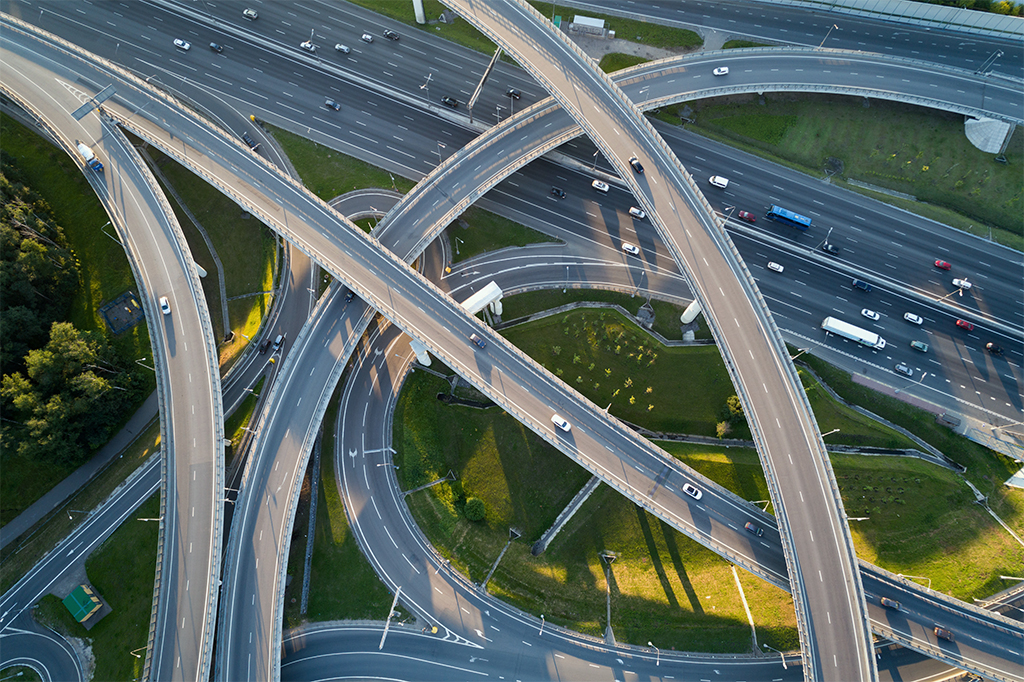About us
The WGMM (formerly known as Stuttgart Group) was formally founded in 2024 out of the necessity to substantiate the commitment by the European Commission in Recital 11 of the Reg. on CO₂ standards for LDV, which was agreed by the co-legislators. In this context, leveraging the technical expertise from its members, the WGMM has proposed an updated definition of
CO₂-Neutral Fuels.
„CO₂-Neutral Fuel“ means all fuels defined by the Renewable Energy Directive (EU) 2018/2001, provided that they meet the sustainability criteria of that Directive and associated delegated acts, where the same amount of CO₂ from biomass, ambient air or recycled carbon sources is bound in the fuel production as is released during combustion in the use phase. Those fuels shall include renewable and/or synthetic fuels, such as biofuel, biogas, biomass fuel, renewable liquid and gaseous transport fuel of non-biological origin (RFNBO), or a recycled carbon fuel (RCF).“
There should be one unique definition of CO₂-neutral fuels for all EU legislative acts. The report furthermore demonstrates that the inclusion of CO₂-neutral fuels in road transport would be a complement to battery-electric and hydrogen-powered vehicles with the potential of accelerating the transition.

Structure & Scope
The structure of the WGMM includes a Steering Group, which is responsible for coordinating the WGMM, and two subgroups, a Technical Subgroup (SG1) and a Regulatory Subgroup (SG2).
The Technical Subgroup deals with technical themes that arose from the publication of the report, while the Regulatory Subgroup addresses regulatory implications of mainstreaming CO₂-neutral fuels in the EU, based on the report’s outcomes, with key policymakers and stakeholders.
The scope of the work of the WGMM includes cars, vans and trucks and the renewable fuels for those respective sectors. All Members of the WGMM maintain their individual stances on any issues related to CO₂-neutral fuels and corresponding monitoring methodologies or any other policy or regulatory work. Members are asked to sign/endorse a comprehensive Terms of Reference (ToRs), which underlines the work developed by the WGMM. Every WGMM meeting is accompanied by compliance lawyers. Every interested industry stakeholder can join the Working Group on a non-discriminatory basis.


The Eleven Monitoring Methodologies
The assessment conducted by the experts of the WGMM concluded that, at the current stage of technology development, two main approaches can be considered for the use and monitoring of CO₂-neutral fuels in new vehicles:
Direct and exclusive CO₂-neutral fuel supply: The fuel is delivered to the vehicle via a dedicated and isolated infrastructure—such as fuel pumps that supply only 100% CO₂-neutral fuel, through Fuel Marking, Digital Fuel Tracking System (DFTS), On-board Detection, and Physical Security of Fuel Connections.
CO₂-neutral fuel supply via the existing infrastructure: The fuel is blended into the existing fuel market in the same quantity that is consumed by vehicles powered by CO₂-neutral fuels. In that sense, the vehicles’ carbon footprint can be offset without requiring a direct fuel supply.

Regulatory Background
The WGMM operates within in a dynamic and evolving EU regulatory landscape. The possibility of a new vehicle class based on CO₂-neutral fuels began with a political agreement in March 2023 on CO₂ emission standards for cars and light-duty vehicles. In July 2023, the European Commission released its first formal proposal for this new vehicle class to members of the Technical Committee of Motor Vehicles (TCMV). In February 2024, the Commission reached an agreement to extend CO₂ emission standards to heavy-duty vehicles, also covering biofuels and other CO₂-neutral technologies. The WGMM had been in existence since January 2024.
Looking ahead, 2025 will be a pivotal year, with several key legislative instruments expected: a new Commission proposal based on Euro 7 type approval regulation as well as regulatory reviews of emission standards for all vehicle categories that are scheduled for 2025 (Regulation CO₂ standards for passenger cars and light-duty trucks) and 2027 (Regulation CO₂ standards for heavy-duty vehicles), ensuring continued alignment with EU climate goals.

